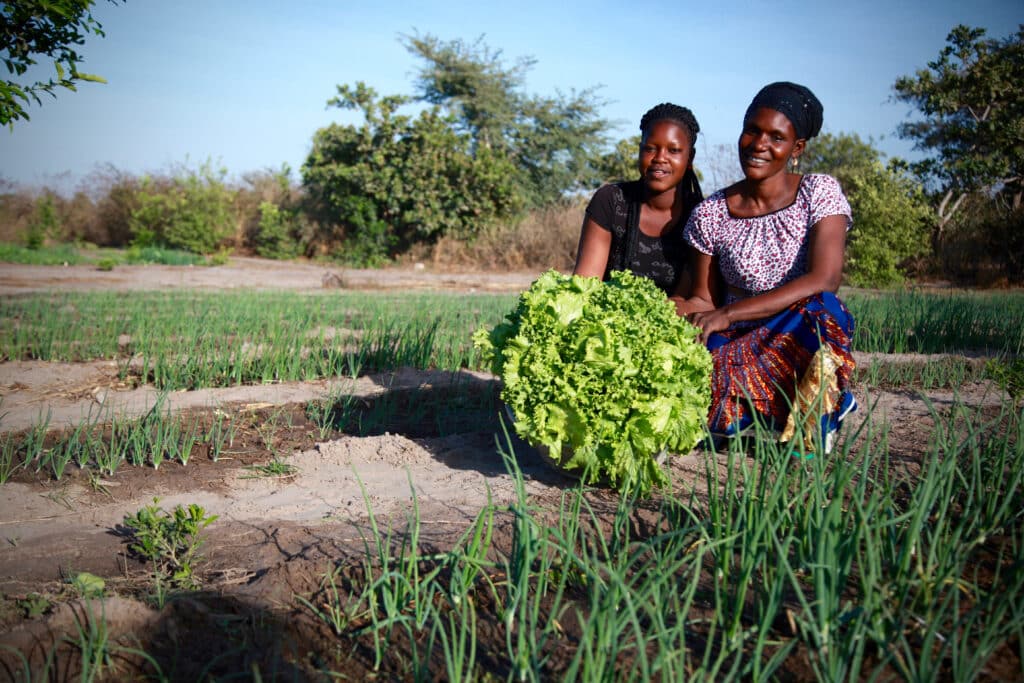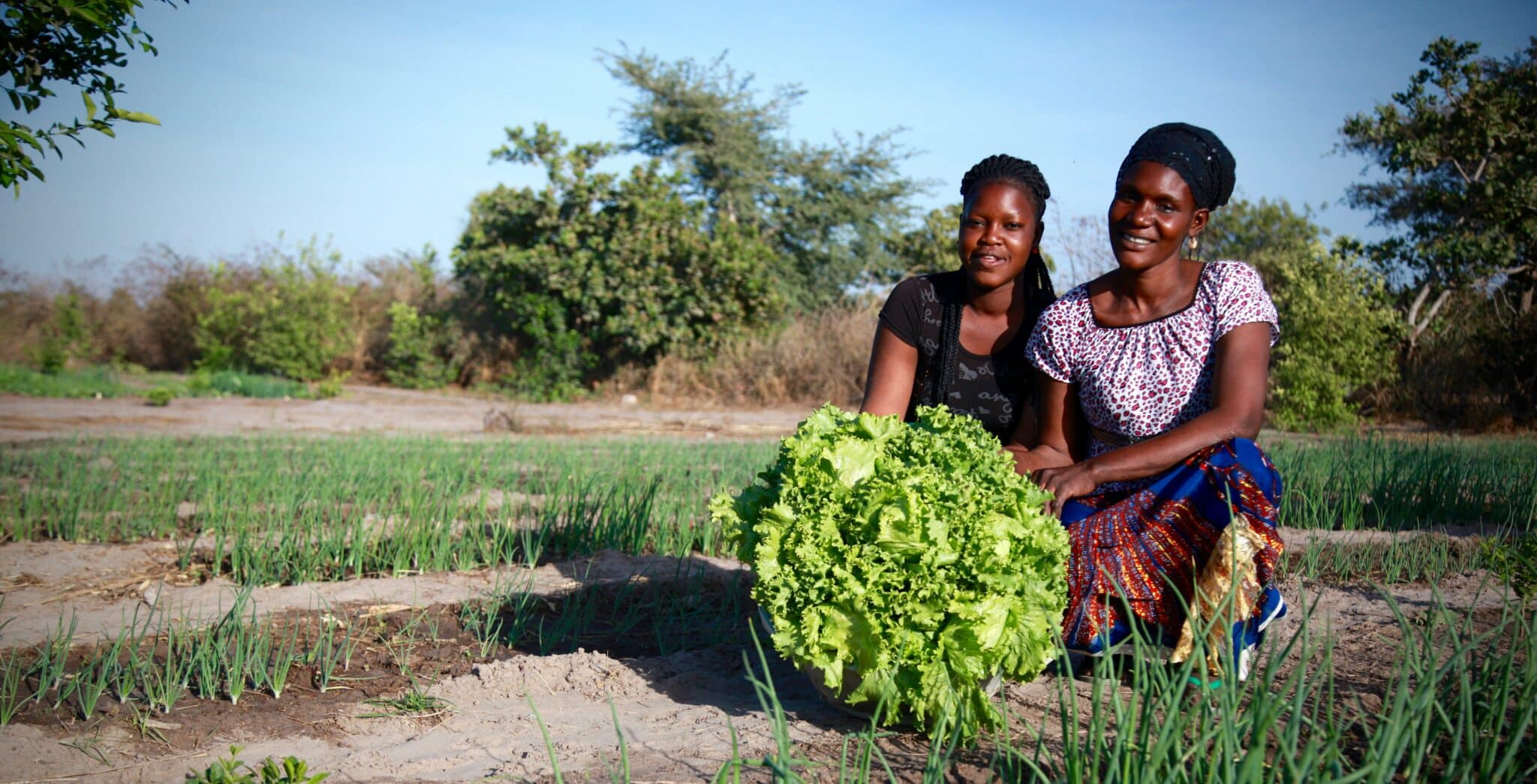
Convinced of the necessity of an agroecological transition in West African agriculture and keen to support farmers’ organisations that are leading this transition, Jafowa has defined its mission, vision and governance principles to support farmers’ organisations through its calls for proposals.
Agroecological transition in West Africa
Over the last decade, several leading analyses on agricultural production and consumption have been published, which all arrive to a similar conclusion: the current agricultural production and consumption system urgently needs to change.
Despite the boost in agricultural production over the past decade, hunger is still prevalent. The current production and consumption system has caused several environmental problems such as soil erosion, pollution, an increase of greenhouse gas (GHG) emissions and loss of (agro) biodiversity. Nutrition and health have also been negatively impacted: with the industrialisation of production systems and the concentration and mass production of food have led to a substantial decrease of the global biodiversity and a lower dietary diversity. There are also unfavourable national and international financial and trade policies that result in a retreat from farming in developing countries with large numbers of predominantly young people forced to migrate to cities.
By 2050, Africa will be the most populated continent with one fourth of the world‘s population. During the same period, even if more than 65% of the population will live in urban areas, projections show that the rural population will also continue to grow while remaining mainly women. Other challenges emerge for West Africa in particular, where women and girls represent more than 2/3 of the most vulnerable and poorest urban and rural populations and are confronted with discrimination, access to education, to land, and means for their own personal and economic development.
This is why addressing agricultural production, consumption and nutrition by supporting approaches to change in this region of the world is both timely and critical.
Farmers’ organisations (FOs) have a critical role to play in this context.
They are the ones who can achieve concrete improvements on the ground by providing services to farmers and by supporting the development of local food systems that ensure fair prices for producers and can answer to economic, social and environmental challenges. They are also the ones who can bring a change at a national and regional level through their advocacy work and cooperation with their local and national authorities. At the same time, they are facing challenges in taking on this role fully, reinforcing their capacities and working together. Local food systems, transition towards agroecological practices and gender approaches, are all necessities and opportunities for FOs to fulfill their potential.
to learn more: https://www.jafowa.org/programme-jafowa



